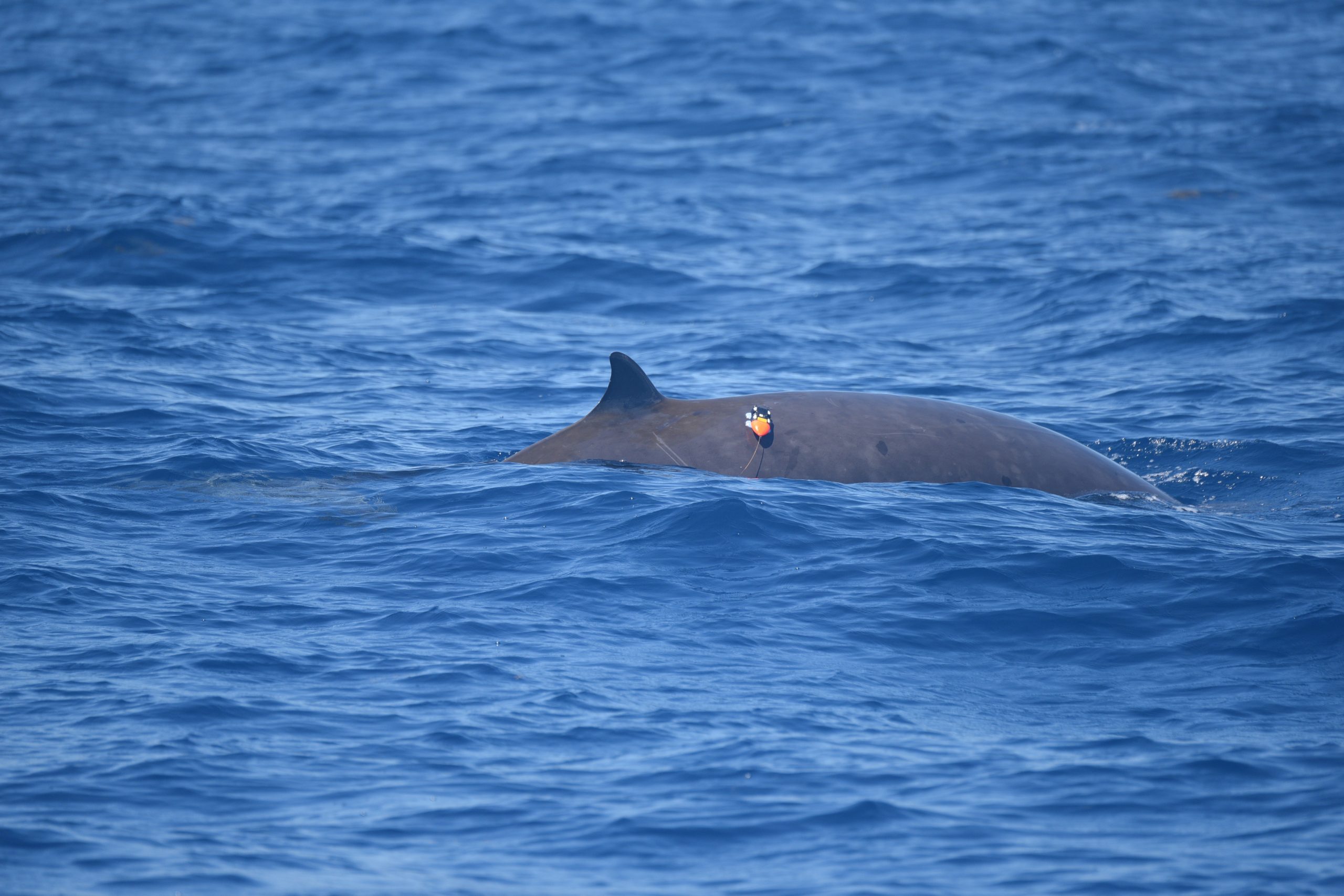Last month Andy attended the fifth meeting of the International Recovery Team for the Vaquita, known as CIRVA. The full report of the meeting is available here on the web site of IUCN Cetacean Specialist Group, but here is a brief summary of the dire state of the species.
The vaquita, a small porpoise found only in the upper Gulf of California in Mexico, is one of the world’s most endangered mammals. In the past three years, half of the vaquita population has been killed in fishing nets, many of them set illegally to capture an endangered fish. Fewer than 100 vaquitas remain and the species will soon be extinct unless drastic steps are taken immediately.
The species was described in 1958 and has the smallest range of any whale, dolphin or porpoise. Vaquitas live in an area used intensively by fishermen from three small towns along the shores of the northern Gulf of California.
Vaquitas die after becoming entangled in gillnets. Gillnets are designed to entangle fish and shrimps but also capture other animals, including porpoises, dolphins and turtles. The Government of Mexico has been pursuing a conservation plan for the species that includes a refuge, where all commercial fishing (including with gillnets) is banned, and a program to encourage fishermen to switch to fishing gear that does not threaten vaquitas. Over the past five years, the Government invested more than $30 million (U.S.) in these efforts that slowed, but did not stop, the decline of the species. Scientists have warned for almost twenty years that anything short of eliminating gillnets would be insufficient to prevent the extinction of the vaquita.
A new, illegal fishery has emerged in the past few years that is an even greater menace to the vaquita. Many vaquitas have died in nets set for totoaba, a giant fish that can reach 2 m in length and 100 kg in weight. This endangered fish is prized for its swim bladder, which is exported to China where it is used as an ingredient in soup and believed to have medicinal value. Thousands of swim bladders are dried and smuggled out of Mexico, often through the United States. The remainder of the fish is left to rot on the beach. Fishermen receive up to $8,500 for each kilogram of totoaba swim bladder, equivalent to half a year’s income from legal fishing activities.
At a meeting in July 2014, an international recovery team advising the Government of Mexico warned that time is rapidly running out. Unless drastic action is taken immediately, the vaquita will be lost. Mexican authorities must eliminate the gillnet fisheries that threaten the vaquita throughout the entire range of the species and enforce this gillnet ban. The Government must also stop illegal fishing for totoaba. The Governments of the United States and China must help Mexico eliminate the illegal trade in totoaba products. Unless these steps are taken immediately, the vaquita will follow the Yangtze River dolphin into oblivion and become the second species of whale, dolphin or porpoise driven to extinction in human history.





